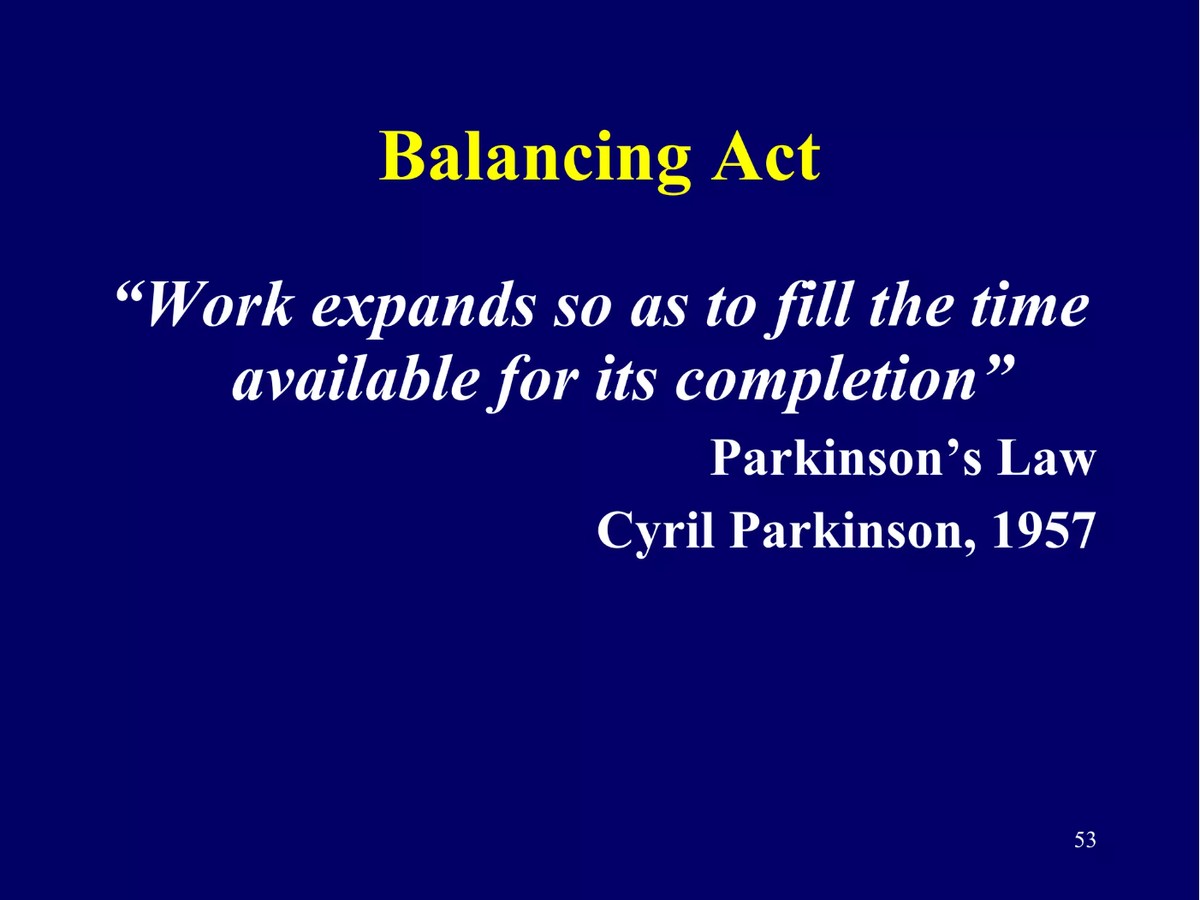The second principle is to limit your work in progress. Perhaps the most appealing way to resist the truth about your finite time is to initiate a large number of projects at once; that way, you get to feel as though you’re keeping plenty of irons in the fire and making progress on all fronts. Instead, what usually ends up happening is that you mak
... See moreOliver Burkeman • Four Thousand Weeks: Time Management for Mortals
if your client gives you a week to turn around a project, you’d likely take the whole week—but if she gives you just a day, you’ll make it happen in a day. You see the more we have of something, the more of it we consume.
Mike Michalowicz • Profit First: Transform Your Business from a Cash-Eating Monster to a Money-Making Machine
“[This effectively means] that every single thing in your company breaks every time you roughly triple in size. “He was the first employee at Rakuten, and now they’ve got 10,000 or more. He said when you’re just one person, everything kind of works. You sort of figure it out. And then, at some point, you have three people, and now, things are kind
... See moreFerriss, Timothy • Tools of Titans: The Tactics, Routines, and Habits of Billionaires, Icons, and World-Class Performers
Being productive is about occupying your time—filling your schedule to the brim and getting as much as you can. Being effective is about finding more of your time unoccupied and open for other things besides work. Time for leisure, time for family and friends. Or time for doing absolutely nothing.
